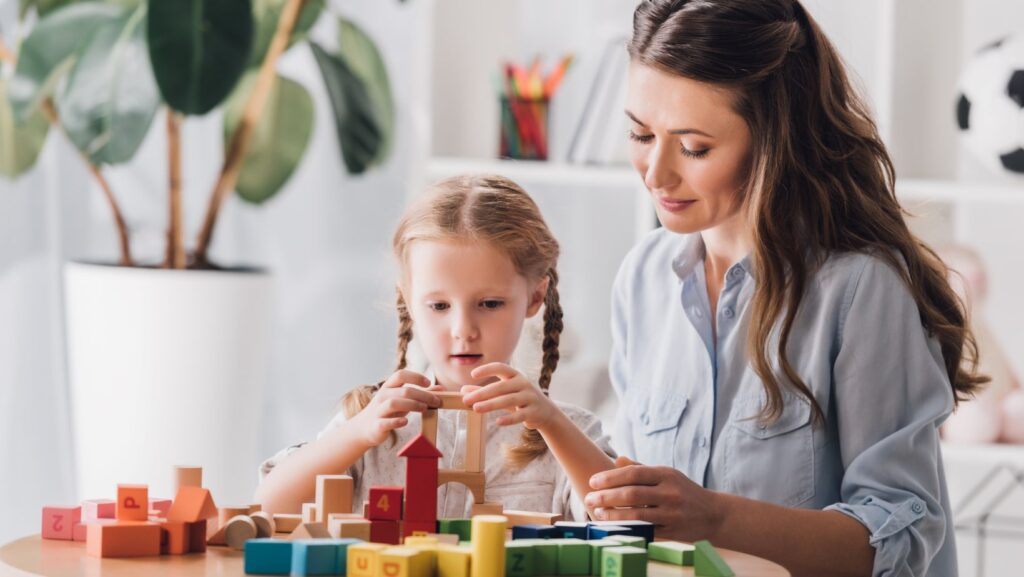Play is an essential part of childhood development, providing children with countless benefits that help shape their social, emotional, and cognitive growth. For parents and caregivers, understanding the importance of play can significantly enhance how they nurture young minds.
What Is Play-Based Learning?
Play-based learning is an educational approach that uses play as a medium for children to explore, learn, and understand their world. Unlike traditional classroom learning, this method emphasizes hands-on experiences and interaction. It encourages curiosity and fosters an environment where children can experiment with different concepts in a safe, engaging space.
Why Play-Based Learning Matters
Play-based learning allows children to explore and discover their world in a safe, supportive setting. Through games and activities, they engage their imagination, build problem-solving skills, and develop relationships with peers. Much like the excitement of taking a chance on a win, play can teach children about risk, reward, and strategy.
Whether through educational games or fun activities, these early experiences prepare them for life’s bigger challenges. For a thrilling and rewarding experience, just like a successful game, check out LuckyWins.com.
Key Benefits of Play-Based Learning
- Cognitive Development: Children’s minds are stimulated through creative activities that involve thinking, learning new skills, and understanding concepts.
- Emotional Growth: Through role-playing and social interaction, children build empathy, emotional regulation, and conflict resolution skills.
- Social Skills: Collaboration and communication are at the heart of many games, allowing children to practice teamwork and effective interpersonal skills.
- Physical Skills: Many play activities involve physical coordination, improving motor skills and overall physical health.
- Problem-Solving: Games often present challenges that children must navigate, teaching them how to think critically and persevere through obstacles.
Play-Based Learning vs. Traditional Education
While traditional education focuses on direct instruction and memorization, play-based learning allows children to learn by doing. It supports their natural curiosity and drives them to seek out knowledge in a fun and interactive way.
This process not only makes learning enjoyable but also increases retention as children are more likely to remember information they’ve experienced firsthand.
How Parents Can Foster Play-Based Learning
- Create a Safe Play Space: Ensure the environment is conducive to free play, offering age-appropriate toys and materials that spark imagination.
- Encourage Outdoor Play: Nature provides endless opportunities for children to explore and learn.
- Limit Screen Time: Encourage physical, creative, and social play instead of passive activities like watching TV or playing video games.
- Join in the Fun: Playing alongside your child enhances bonding and gives you the opportunity to guide their learning in a natural, enjoyable way.
By fostering creativity and problem-solving, play-based learning sets children up for success, providing a valuable foundation for their emotional and social growth. Through such experiences, children thrive and develop essential skills that prepare them for life’s challenges.




More Stories
Learning Through Play: Building the Foundations of Early Childhood Development
Outdoor Valentine’s Day Balloon Decor Tips
Slot Gacor from a Random Number Generator (RNG) Perspective